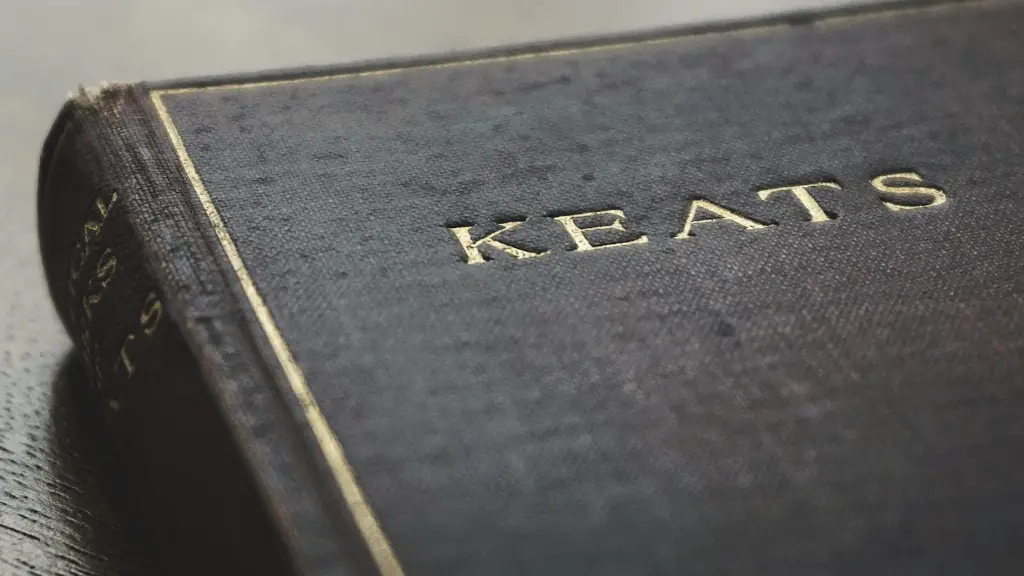Early Life
Walter Whitman was born May 31st, 1819 in West Hills, Long Island, New York to a hardworking family of nine. Their father, Walter, worked as a laborer and carpenter, while their mother, Louisa, worked as a home-maker. As a child, Walt Whitman enjoyed playing in the outdoors and was known for his independent nature. He experienced a broad cultural and intellectual atmosphere growing up, attended different schools and churches, and was exposed to a variety of people and practices. At the age of eleven, he started working in his father’s carpentry workshop in order to contribute to the family income and secured his first job, as a teacher in a rural school in Long Island, and soon, became the editor of the local weekly newspaper, the Long-Islander.
In 1841, he traveled to New Orleans by steamship to work as a journeyman printer, traveling across New England and teaching school occasionally. It is reported that while in New Orleans he visited with Native American tribes and African American slaves, viewing up close the South’s economic, racial, and gender distinctions that would later inform his work.
Literary Works
Later that year, Whitman decided to pursue a career in journalism and writing. He wrote a series of several anonymous autobiographical pieces and began his foray into poetry by self-publishing his first book of poems, Leaves of Grass, in 1855. The work was made up of twelve untitled poems, which was heavily influenced by the Transcendentalists and Native American cultures.
His works rejected conventional rules of poetry and focused on hopefulness and democracy in order to create an all-encompassing platform for writing, voicing universal emotions and observations about all aspects of the human condition. His writing which was explosive and graphic, expressed optimism and a celebratory attitude towards life’s simplest pleasures.
In later years, Whitman’s writing shifted from his initially celebratory-toned work to become a voice for social justice. He wrote about the sacrifices of soldiers in the Civil War, the effects of human interaction on nature, and how slavery and prejudice were injurious to the nation.
Legacy
After the Civil War, Whitman slowly retreated from public life and moved to Camden in 1873 where he spent the last years of his life in a small cottage near Camden. Where he continued his writing, with works like Specimen Days, and a newly released version of Leaves of Grass. He published his last version of LoG in 1891-2 before taking a final bow as a literary figure.
Whitman’s works have been translated into more than thirty languages and it is extensively studied at different schools and universities across the United States and the world. LoG has become an influential work of literature and is considered one of the most important American books of all time.
Whitman’s notion that American society should draw from both high and low culture is considered the foundation of the American identity. His celebration of the individual and the rights of all citizens to live freely and happily within a democracy made him the poet of modern America. He is strongly associated with the nation’s identity and credited for his open-mindedness, compassion, and drive for social change.
Techniques
Whitman used a number of techniques in his writings, from traditional poetic forms such as free verse and sonnets to word choice, imagery and metaphor. He experimented with the use of unusual words, new rhythms and multiple voices, layering rhymes, rhythms and sounds to create powerful phrases.
He was fond of double negatives, rhetorical questions, and non-traditional punctuation in order to create a sense of immediacy and intimacy. He often wrote in long, winding sentences which were provocative, energetic and unafraid to tackle complex topics. Whitman’s use of language was innovative and expressive, and he was well versed in creating a narrative voice that would engage his audience.
Influence
Whitman is often quoted in popular culture, literature, and art, his words used as a rallying cry for social justice and as a source of solace in times of distress. His works have been credited to have helped forge the very foundation in which the American identity is based on.
Many writers and modern poets have been inspired by Whitman’s broader approach to writing and many cite Whitman’s ability to capture a sense of optimism, inclusiveness and free-thinking while celebrating the individual and the rights of all citizens to live freely. His words have transcended time and inspired generations.
Depiction in Media
Whitman’s influence can be seen in popular culture today, from movies and television shows to music and art. He is often referenced in movie dialogues, used as a source of inspiration for songs, and featured in artwork. In the movie ‘Dead Poets Society’, Whitman’s work is prominently featured throughout the movie and serves as an inspiration for one of the characters.
His opposition to slavery was showcased in the acclaimed movie ‘Lincoln’, wherein Whitman wrote and delivered his poem, ‘O Captain! My Captain!’ to Abraham Lincoln.
The rock band Pearl Jam released a song in tribute to Whitman titled ‘Walt Whitman’s Niece’ while the popular animated television series, The Simpsons, featured him in an episode titled ‘Wild Barts Can’t Be Broken’.
Whitman has been portrayed by several actors, most notably by Ben Whishaw who portrayed him in 2015 movie, ‘The Barbie Diaries’.
Honors and Awards
Whitman was honored posthumously with a bronze plaque on the ground floor of 1359 York Road, in Baltimore’s Bolton Hill neighborhood. The plaque reads; “Poet, Humanitarian, Patron of Youth, 1819-1892, American”.
Whitman was also honored by the Walt Whitman BART Station, the Walt Whitman High School, the Walt Whitman bridge, and several other schools and buildings named after him.
The Walt Whitman Association of America offers an annual awards ceremony in order to ‘encourage and honor poets at all stages of their careers who write in the spirit of Walt Whitman.’
The Bay Ridge Brooklyn Public Library also designed and established an annual award in Whitman’s memory, called “The Walt Whitman Award”.
Literary Criticism
Whitman and his work have been praised by some and scrutinized by others. The critic, Ralph Waldo Emerson, was one of the earliest critics to praise his work, and he referred to the Leaves of Grass as a “new bible”.
The poet Joyce Kilmer said of him, “…he deserves a place in the galaxy of America’s literary stars. He broke away from traditional metrical cadences and wrote in a new idiom; if he did not always accomplish complete success, he opened the way for others.”
However, some critics considered Whitman’s work obscene and inappropriate. One critic went as far as to say that his poetry was “obscene and disgusting”.
Regardless of his critics, Whitman’s works have become a mainstay in American literature and his influence on the world of poetry and philosophy is undeniable.
Political Activism
Whitman championed the causes of free speech and the rights of the individual throughout his life. He sought to express a new way of seeing the world, encouraging people to challenge convention and think more freely.
In his writing, he opposed slavery and advocated for the rights of women and minorities. He strongly supported the idea of a united nation and celebrated the virtues of democracy. He supported the abolitionist movement and was a vocal advocate for social equality and freedom.
He was also vocal in his criticism of war and the violence that accompanied it. He was a peace activist, who strove to uphold liberty and justice in an unbiased manner. His work serves as a reminder of the importance of equality, peace and justice in society.


